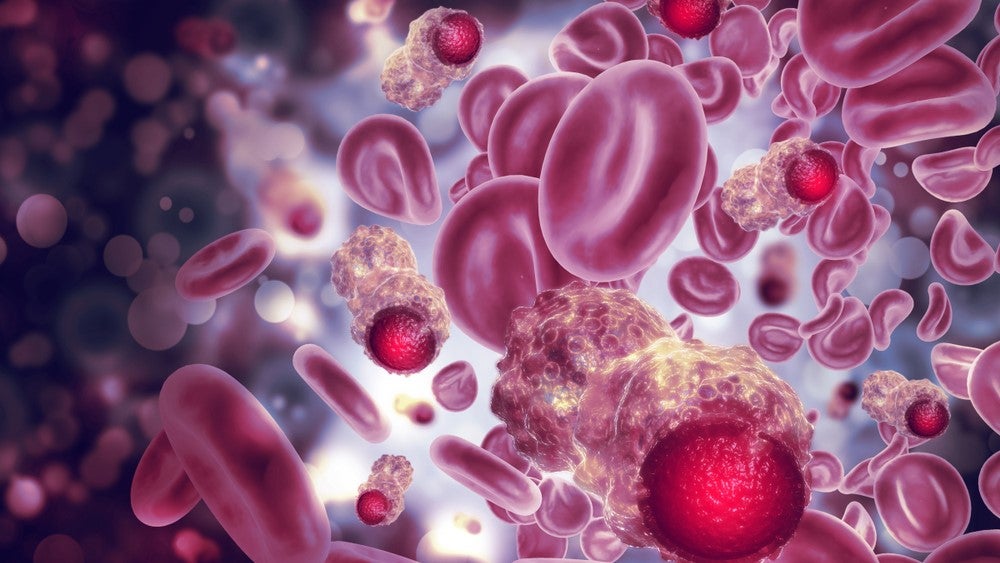The US Food and Drug Administration (FDA) has granted an orphan drug designation to Terns Pharmaceuticals’s TERN-701 for the treatment of chronic myeloid leukaemia (CML).
The orphan drug status gives sponsors tax credits from clinical trials, exemption from user fees, and a potential seven years of market exclusivity for the therapy after approval.
TERN-701 is an oral allosteric BCR-ABL tyrosine kinase inhibitor (TKI) and is one of the two therapies that Terns plans to focus its resources on this year. The treatment is being evaluated in a Phase I CARDINAL trial (NCT06163430) in participants with chronic phase CML who experienced treatment failure on at least one prior second-generation TKI. Interim data from the trial is expected in H2 2024.
The other drug, TERN-601, which is being developed as a treatment for obesity, is in a Phase I first-in-human trial, with topline data expected in H2.
CML therapies are expected to generate $3.5bn in sales across eight major pharmaceutical markets (the US, France, Germany, Italy, Spain, UK, Japan, and Canada), as per a GlobalData report. The current market leaders in the field include Bristol Myers Squibb’s Sprycel (dasatinib) and Novartis’ Tasigna (nilotinib). Sprycel and Tasigna generated $1.4bn and $1.8bn in global sales in 2023, according to the companies’ financials.
GlobalData is the parent company of Pharmaceutical Technology.
Earlier this year, Terns paused the development of its most advanced candidate, the oral thyroid hormone receptor-beta (THR-β) agonist, TERN-501, as a treatment for nonalcoholic steatohepatitis (NASH), despite reporting positive data from the Phase IIa DUET trial (NCT05415722). The company cited the current regulatory and developmental MASH landscape for limiting funding for the NASH therapy.
Meanwhile, Terns said it plans to evaluate TERN-501, as a combination therapy for obesity.
The company also has additional early-stage candidates in the pipeline for obesity. TERN-800, an oral small molecule glucose-dependent insulinotropic polypeptide receptor (GIPR) modulator, is currently in the discovery stage as an obesity treatment.









